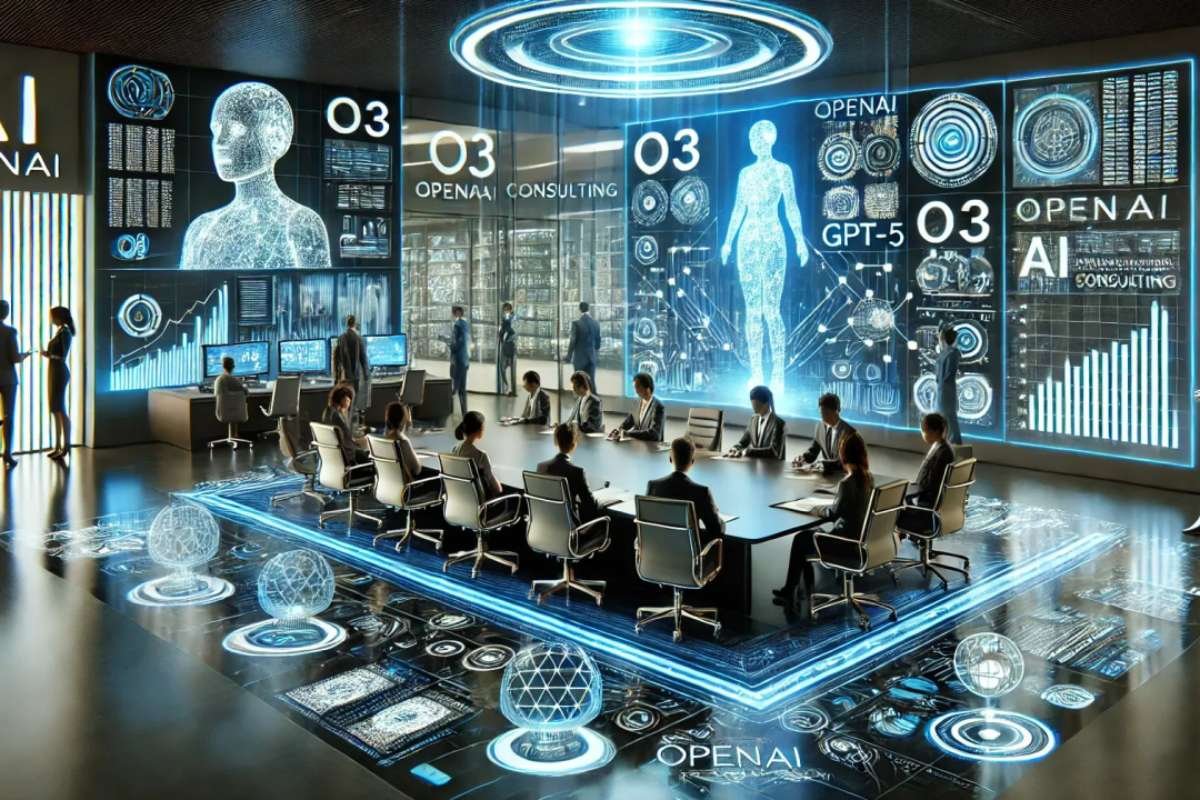At a recent TechCrunch event in Menlo Park, Mayfield managing director Navin Chaddha laid out a bold thesis: Artificial intelligence is set to transform industries long dominated by human labor, such as AI consulting, law, and accounting. Speaking at the StrictlyVC event, Chaddha, a veteran Silicon Valley investor with hits like Lyft and HashiCorp, compared the current AI boom to past technological revolutions like cloud computing and outsourcing. According to him, “AI teammates” could soon deliver software-like margins in services historically constrained by human bandwidth. However, he cautioned that sectors built on trust and relationships like those served by McKinsey and Accenture won’t be easily disrupted overnight.
Chaddha highlighted how AI could take over repetitive tasks, such as CRM implementations, while humans remain in the loop for oversight and customization. This hybrid model, he argued, allows for scalable, outcome-based pricing. Instead of charging per hour, companies can bill per result, a shift that could produce gross margins as high as 80–90% when AI carries most of the workload. “Why pay $10,000 a month for cybersecurity if you can pay zero until there’s an event?” he asked, pointing to Gruve, a security-focused AI consulting startup Mayfield recently backed. Gruve grew its revenue from $5 million to $15 million in six months, boasting 80% margins, a clear example, Chaddha said, of what AI-first service models can achieve.
Targeting the Underserved, Not the Titans
Chaddha warned AI consulting startups against competing head-on with legacy players like Infosys or McKinsey, at least for now. Instead, he sees vast potential in the overlooked 30 million small businesses in the U.S. and 100 million globally that can’t afford traditional knowledge workers. For these companies, AI can serve as a receptionist, scheduler, or even website builder, offering enterprise-level capability at accessible prices. “These companies won’t be served by Accenture,” he said. “But startups can.”
He likened this moment to the rise of SaaS companies, which disrupted enterprise software by offering monthly subscriptions instead of costly five-year licenses. Legacy firms, he argued, face the classic innovator’s dilemma: they can’t afford to cannibalize their predictable revenue models to experiment with usage-based AI pricing. But over time, Chaddha believes, these incumbents will have no choice but to evolve, and when they do, today’s AI-native upstarts will be their fiercest competitors.
The Long-Term Play: From Tools to Teammates
Chaddha distinguished between AI tools and true “AI teammates,” which he defined as digital collaborators that work toward shared goals with humans. These team members, like HR or sales engineering assistants, won’t replace humans, he said, but will enhance their productivity and decision-making. However, he acknowledged the public concern over job losses, emphasizing the need to face the issue head-on. “Yes, there will be job displacement,” he admitted. “But every tech wave brings that. And every time, we adapt.”
Despite market unpredictability and inflated startup valuations, Chaddha remains optimistic. He believes disciplined investors with a clear strategy and no FOMO will thrive in the AI era. “We’re not in the business of collecting logos,” he said. “We’re in the business of making money grow. That hasn’t changed.” His bottom line: AI will reshape industries fundamentally, but the transformation will be evolutionary, not immediate.


















